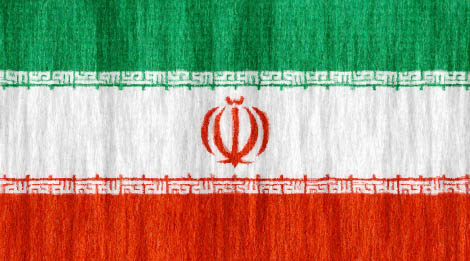|
|
Iran is ready to answer the UN atomic agency’s questions about its nuclear programme, a senior official was quoted as saying ahead of talks today expected to broach sensitive military-related issues.
The International Atomic Energy Agency hopes to persuade Iran to finally start addressing long-held suspicions it may have researched how to build atomic bombs.
Tehran has rejected the accusations of weaponisation-related work as forged and baseless, while saying it will co-operate with the IAEA to clear up any “ambiguities”.
Today’s meeting comes 10 days before Tehran and world powers, building on a landmark interim deal that took effect last month, start talks on a long-term accord on Iran’s nuclear aspirations that would avert the threat of a Middle East war.
A spokesman for Iran’s Atomic Energy Organisation said the meeting had been scheduled for one day but might be extended, the Isna news agency reported yesterday.
The “aim is to answer the IAEA’s questions”, Behrouz Kamalvandi was quoted as saying by Isna, without elaborating.
Iran’s Press TV English-language state television said in a headline on its website, citing the same official: “Iran ready to answer all IAEA questions.”
Diplomats are cautiously optimistic that after today’s talks in Tehran the team of senior IAEA inspectors will be able to show at least some progress in gaining Iran’s co-operation.
Iran-IAEA relations have improved since last year’s election of a relative moderate, Hassan Rohani, as president of Iran on a platform to ease the country’s international isolation.
Under an agreement signed in November, the IAEA has already visited a heavy water production plant and a uranium mine in Iran. However, those first steps did not go to the heart of its investigation and Western diplomats will watch today’s meeting closely to see whether the next phase achieves that.
One Vienna-based envoy said there was an expectation that at least one issue related to the IAEA’s inquiry into what it calls the “possible military dimensions” to Iran’s nuclear programme would be among the next steps to be taken by Tehran.
“It is quite a crucial meeting,” the diplomat added.
The IAEA wants Iran to clarify alleged activities in a range of areas of potential application to developing bombs, including various experiments and computer calculations.
The IAEA’s investigation is focused on the question of whether Iran sought atomic bomb technology in the past and, if it did, to determine whether such work has since stopped.
Although separate, it is still closely aligned with the wider-ranging diplomacy between Tehran and the six powers - the US, Russia, China, France, Britain and Germany.
Ali Akbar Velayati, a senior adviser to Iranian Supreme Leader Ali Khamenei, said Iran would not back down “an iota from its nuclear rights”.
“These talks (with the powers) will continue in the case of the opposite party’s goodwill,” he added.
lAn influential US senator sought on Thursday to revive a push for sanctions to curb Iran’s nuclear ambitions, arguing that calling for new penalties is not war-mongering as suggested by the White House.
Senator Robert Menendez, a Democrat, went on the offensive in a marathon floor speech outlining his distrust of the Iranian regime, saying he was “deeply sceptical” of Tehran’s intention to adhere to the interim agreement with world powers.

